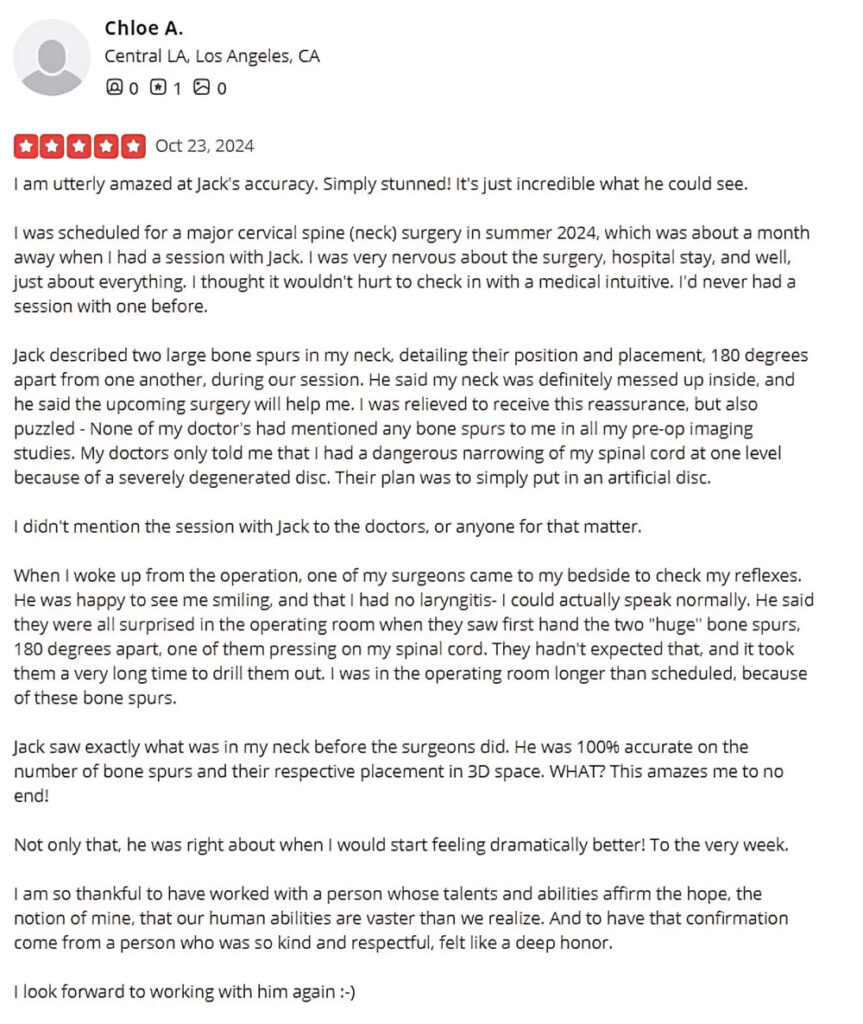Many people are unaware that their thoughts and feelings can impact their health. Poorly managed negative emotions are particularly worrisome, as they can create chronic stress in the body. When the body is under regular stress, it affects the hormones, “feel-good” brain chemicals and immune system. Science has also recently discovered that stress shortens the telomeres (end caps) on DNA strands, causing people to age more quickly.
Negative emotions are a normal part of life, especially when you go through stressful events. But, there are ways to manage your response and improve your emotional health. It all starts with acknowledging your emotions and why you’re having them. If you’re not sure, schedule an appointment with the best psychic in Los Angeles who can help you identify your emotions.
Below you’ll find more information on the mind-body connection and how to improve your emotional health.
Your Emotions and Your Health
Many thoughts and emotions flow freely throughout the mind and body without impacting your health. However, there are repressed emotions that can decrease mental energy and make you vulnerable to depression, anxiety and other chronic health problems.
It’s no secret that chronic stress can shorten our lives by damaging the immune system, disrupting the body’s hormones and depleting endorphins in the brain. Additionally, repressed negative emotions can raise the risk for high blood pressure, cardiovascular disease, digestive disorders and infection. In simple terms, stress kills.
While you can’t stop stressful events from occurring, you can find ways to prioritize the good over the bad. This will encourage you to think more positively, recover faster from negative emotions and be more resilient in the face of crisis. Although you’ll still have to endure tough emotions, the hope is that you’ll go through them without falling apart.
Ways to Improve Emotional Health
Here are some ways to help you develop more optimism and hope, even in times of stress.
- Express feelings appropriately. Bottling up stress and anxiety can make things worse. It’s OK to let others know that you aren’t feeling happy, though they might not be able to help. If this is the case, reach out to a qualified doctor or mental health professional.
- Calm the mind and body. Many practices bring calm to the mind and body. Some favorites include listening to music, meditation, yoga and massage therapy. Find things that work for you and use them to process negative emotions.
- Develop resilience. The more resilient you are, the easier it is to accept change and cope with stress. To build resilience, form a strong support network and keep things in perspective. You may also benefit from cognitive behavioral therapy (CBT).
- Practice self-care. There is no substitute for good self-care. I remind all of my clients to have a regular routine for eating meals, sleeping and exercising. It’s also important to have “me time” that allows you to focus on yourself.
- Show gratitude. There is a relationship between joy and gratitude. Spend a few minutes each day thinking of the things you are grateful for. A gratitude journal makes it easy to keep track of your many blessings.
- Forgive yourself and others. Forgiveness is powerful. Allow yourself to forgive yourself and others. This doesn’t mean that the slate is wiped clean, but it does mean that you can relinquish negative emotions surrounding an event.
If you feel that unresolved thoughts and emotions are affecting your health, contact Jack Rourke for a professional psychic reading. Jack is very good at reading people and can help you make sense of the issues that matter to you.






